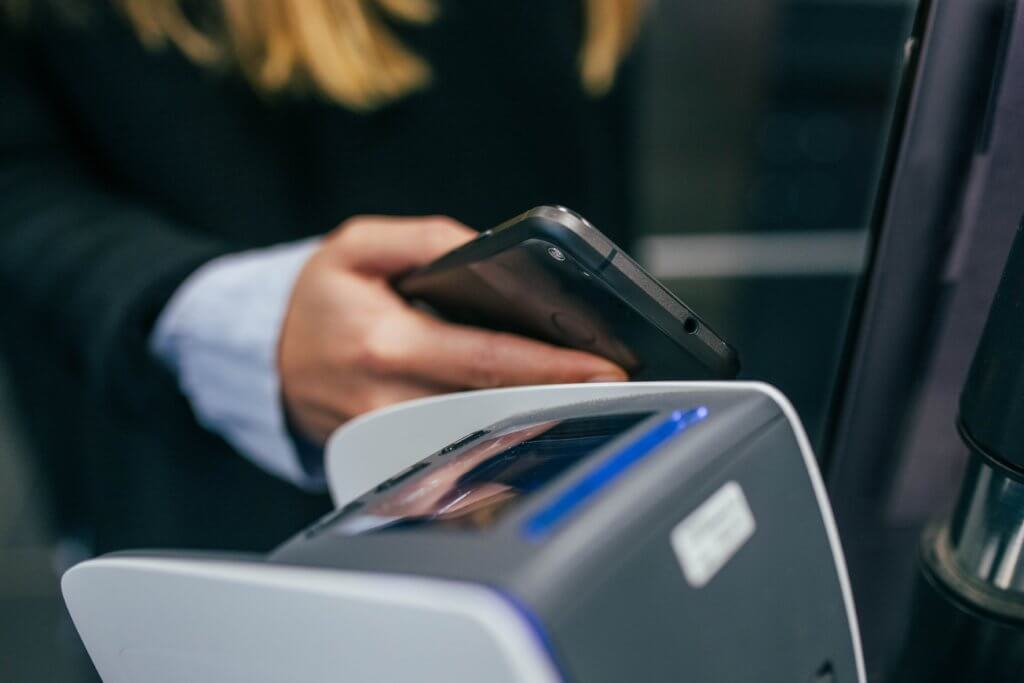In this digital age, where data breaches and identity theft are becoming increasingly common, it is crucial to understand the importance of financial privacy. Safeguarding your money matters should be a top priority to ensure the security of your financial information. This article aims to shed light on why financial privacy matters and provide you with valuable tips and tricks to protect your hard-earned money.
Why Financial Privacy Matters
Financial privacy plays a vital role in safeguarding your money and financial transactions. It ensures that your sensitive financial information remains confidential and inaccessible to unauthorized individuals or organizations. By protecting your financial privacy, you can prevent identity theft, fraud, and other malicious activities that can devastate your finances.
Moreover, financial privacy allows you to maintain control over your financial decisions. It gives you the freedom to manage your money without external interference. Whether you are making investments, applying for loans, or conducting other financial transactions, having financial privacy ensures that your decisions are not influenced by third parties. This autonomy can help you achieve your financial goals without any external pressures.
Tips and Tricks to Safeguard Your Financial Information
- Strengthen Your Passwords: One of the easiest and most effective ways to protect your financial information is by using strong and unique passwords for all your online financial accounts. Avoid using common phrases or personal information. Instead, create complex passwords by combining uppercase and lowercase letters, numbers, and symbols. Additionally, consider using a password manager to securely generate and store your passwords.
- Be Wary of Phishing Attempts: Phishing is a common tactic used by cybercriminals to trick individuals into revealing their financial information. Be cautious of suspicious emails, messages, or calls that request sensitive data. Never click on suspicious links or provide personal information unless you are certain about the authenticity of the source. When in doubt, contact your financial institution directly to verify the request.
- Regularly Monitor Your Accounts: Staying vigilant and monitoring your financial accounts regularly is essential. Keep an eye on your bank statements, credit card bills, and other financial transactions to identify any discrepancies or unauthorized activities. Promptly report any suspicious activity to your financial institution to prevent further damage.
In a world where our financial lives are increasingly intertwined with the digital realm, understanding and prioritizing financial privacy is crucial. By following these tips and tricks, you can significantly reduce the risk of financial fraud and ensure the safety of your money matters. Remember, taking proactive steps to protect your financial information is the key to maintaining control over your finances and achieving your financial goals. Stay informed, stay cautious, and keep your money matters safe!

